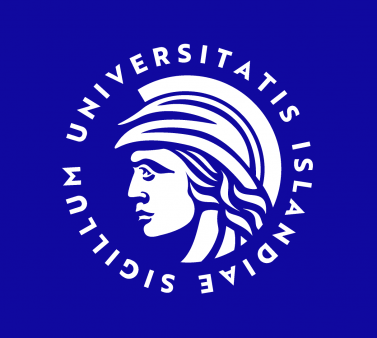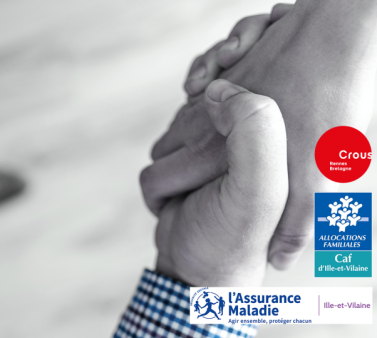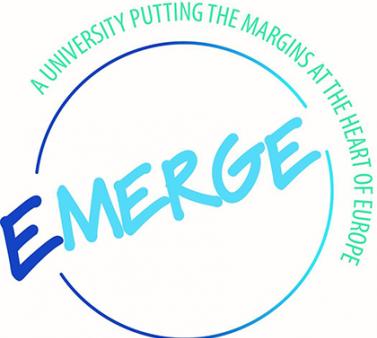Objectives
The objective of the degree is to provide:
-
general training that forms the basis of all studies of the arts: aesthetics and methodology (year 1 only);
-
specialized training in the now very specific relationships between technology and the arts as a result of information flow in digital devices. Specialists from Rennes 1 and Rennes 2 will help students to understand the idiosyncrasies (contemporary, experimental and popular) of the technology-arts hybridization;
-
training from industry professionals in the experimental practice of digital arts computing with the aim of contributing to practice-based research.
Digital arts computing is at the crossroads of all arts, and as such, it also covers:
-
still images
-
animated images
-
video
-
sound art
-
experimental music
-
2D and 3D technologies, virtual and augmented reality, immersion and networking
-
artistic installations
-
artistic performances (theatre, street art, choreography)
-
video games
-
sound synthesis and sound processing
-
amplified and/or contemporary pop music
-
real-time sensors and interactions
-
applied artificial intelligence
-
the broad range of software and hardware used in all of these fields.
Skills
Students will be able to:
-
develop a personal project in digital arts computing and/or produce a personal digital artwork with an accompanying commentary;
-
develop this research in a dissertation, defended at the end of the two years;
-
actively take part in their lecturer-researchers’ research activities (and attend presentations by the research teams as well as study days, conferences, etc.);
-
present and discuss works in progress (works of art, technical equipment, articles, papers, etc.).
Course Content
The Digital Arts Computing specialization is structured around the following three broad components:
-
Compulsory Core Teaching Units (UEFs): these are shared general modules in aesthetics and general methodology. In the second semester of year 1, aesthetics moves towards a reflection on techniques and technology; these are theoretical modules;
-
Specialized Teaching Units (UESs): these specialized theoretical modules are run in both years 1 and 2. UES modules focus on the different aspects of digital arts computing (technological, artistic, etc.), including accessing the socio-economic world through art mediation and art education. Throughout the four semesters, the modules focus increasingly on design using digital technologies. Although these are practice-oriented modules (demonstrations, analyses, background research, dossiers, etc.), they remain largely focused on gaining a sound knowledge of the thinking surrounding digital arts computing. This part of the course is extremely important;
-
Complementary Teaching Units (UECs): these bring together the taught practical modules over the two years and give students the opportunity to carry out an individual study using digital arts computing. The modules are broader (crossover of all fields) than those of a vocational degree, with a stronger focus on artistic creation. The classes and workshops progressively lead to the creation of personal or collective experimental studies that are intended to be exhibited. Previous projects include: EvoluSon, a virtual reality project with the Graduate School of Engineering ESIR; Immersia (3D immersion room), a project completed and published in the United States; CodeStrata, a 3D artistic project initiated with computer science research at INRIA (the French National Institute for Research in Digital Science and Technology) and completed and published in Sweden; and Immemoria, a virtual reality project that has been presented a number of times. Partnerships include professional collectives from Rennes, such as the Maintenant Festival, La Sophiste and Mille au Carré. The Rennes region is a growing tech hub (French Tech Rennes St Malo, etc.), which is a huge benefit for students’ personal or collective projects. Practical classes take place in computer rooms and in the new PNRV digital hub. Students can also attend workshops run by instructors and industry professionals. These are optional extras but are highly recommended. For example: Digital stage creation and lighting control, interactive 3D creation with Unity, design of a generative visual artwork, sound synthesis, experimental electronic music, space and spatialization. Finally, a structural partnership has been set up with the Rennes 2 FabLab. This manufacturing lab, which makes its premises and facilities (such as 3D printing and laser cutting) available to students, provides four-hour electives and helps students set up research and creative projects.




